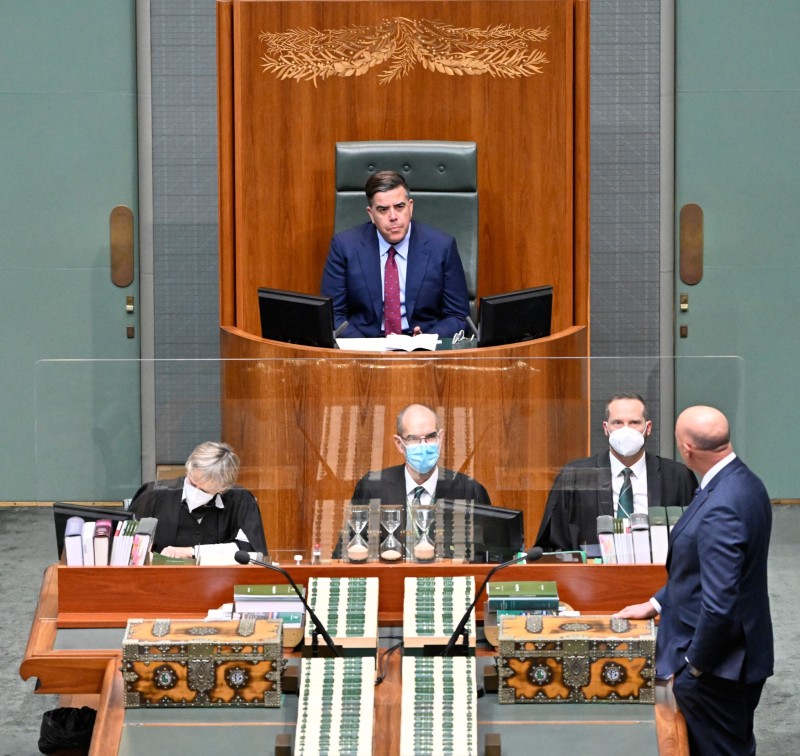If the speaker wishes to raise an issue concerning their electorate how is this done?
Thank you for your thought-provoking question!
The Speaker of the House of Representatives has several ways to raise issues concerning their electorate. As a member of parliament, they represent an electorate and are responsible for speaking up about the needs, problems, and interests of the people who live there. These people are called constituents. However, the Speaker is expected to be impartial and not participate in general debates in the House of Representatives.
To raise an issue concerning their electorate, the Speaker can:
-
write to a minister, call into a minister’s office or phone a public servant to ask for assistance with an issue concerning their electorate
-
make a speech in the Federation Chamber.
While it is unusual for the Speaker to participate in the Federation Chamber, they may choose to represent their constituents in this way. Former Speaker, Ms Anna Burke, noted in 2013, ‘It is a rarity for a Speaker to be on their feet, but the one thing you do not give up on becoming Speaker is being the member for your electorate'.
The Speaker of the House of Representatives

Penny Bradfield/DPS Auspic
Description
In the House of Representatives, the Speaker sits in a large, elevated, wooden and green leather chair behind a desk. From this position, the Speaker can see and hear all other members and all other members can see the Speaker. The Speaker is a member of the House of Representatives who has been chosen to run the meetings of the House.
Permission should be sought from DPS AUSPIC for third-party or commercial uses of this image. To contact DPS AUSPIC email: auspic@aph.gov.au or phone: 02 6277 3342.